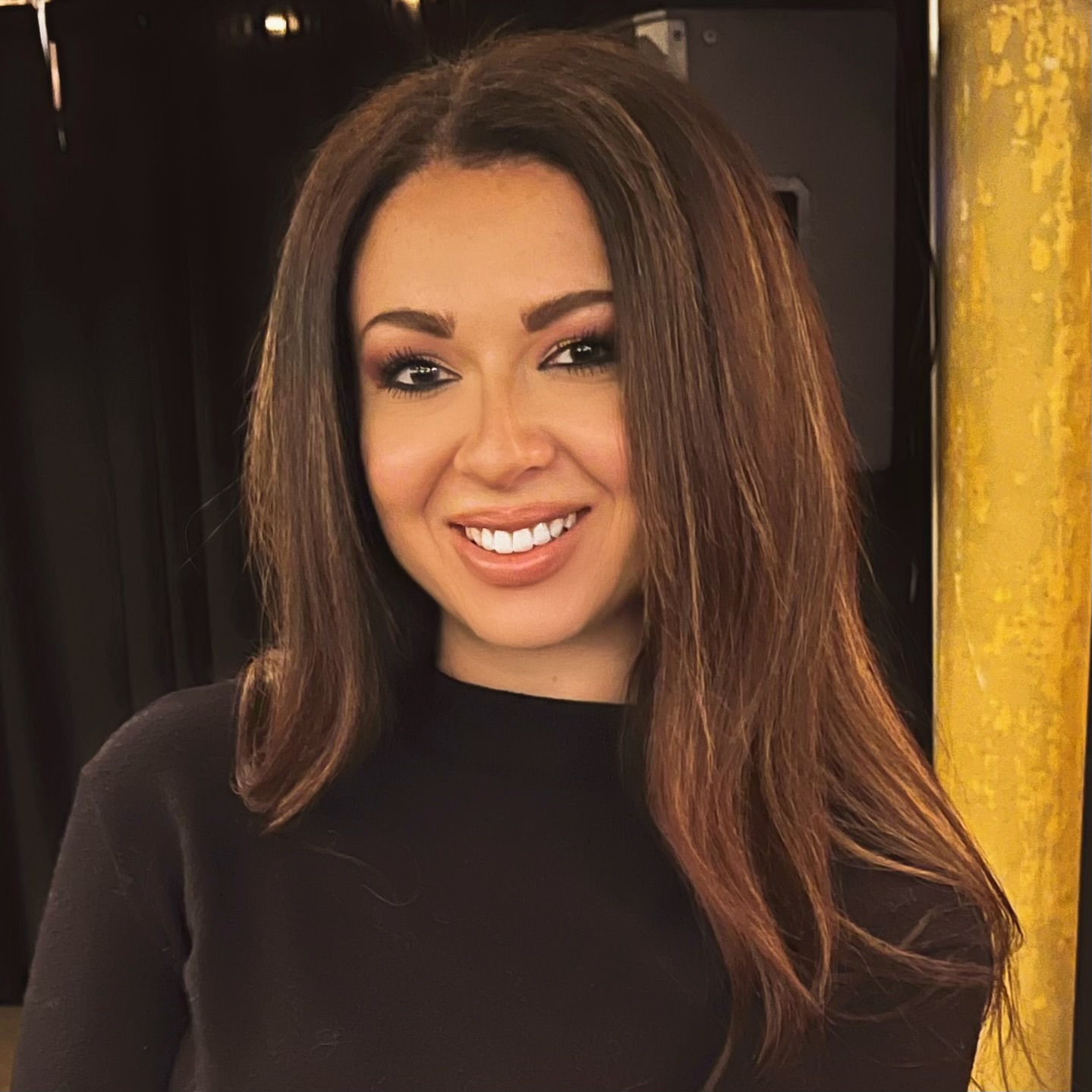Cannabis has long been hailed for its numerous health benefits, which range from lowering blood pressure to alleviating symptoms of anxiety1. Many people even turn to cannabis as a natural sleep aid. Yet in addition to potentially helping you fall or stay asleep, does cannabis treat sleep apnea or other sleep disorders?
Sleep apnea is a condition in which your breathing will periodically stop while you sleep2. Signs of sleep apnea include snoring or gasping for air while you sleep.2 While more severe cases of sleep apnea may require the use of a continuous positive air pressure machine, or a CPAP machine, it can also be managed with lifestyle changes.
One possible lifestyle change: incorporating cannabis into your bedtime routine. Still, does cannabis help sleep apnea, and if so, why? Here’s everything there is to know about the connection between cannabis and sleep apnea.
Cannabis and Sleep
For people who struggle to sleep and don’t want to use prescription sleep aids3, natural sleep aids are often a more attractive alternative and tend to have fewer side effects. In previous years, sleep supplements like melatonin4 and chamomile tea5 were go-to methods, but as cannabis continues to be legalized across the country, there’s been more interest in it as a sleep aid.
Up to 14 percent of American adults6 reported using CBD products (or cannabidiol, an active ingredient in cannabis) in 2019, according to a government poll. While the reasons for use vary, numerous studies back up the purported benefits of cannabis for sleep.
A 2022 study7 of 38 Canadian patients with sleep disorders, for example, found that cannabis use helped 39 percent reduce or completely discontinue a prescription medication for sleep, while 71 percent self-reported improved sleep. Still, the jury is out on the potential downsides of using cannabis for sleep. According to the American Academy of Sleep Medicine8, their 2023 survey9 discovered that nearly half, or 49 percent of Americans actually lost sleep due to cannabis, though this was attributed to staying up late past their usual bedtimes.
Learn More: Cannabis and Sleep and What is The Endocannabinoid System?
Cannabis and Sleep Apnea
Sleep apnea requires effective treatment as part of overall management; this is to help avoid sleep apnea leading to other conditions, such as heart disease or diabetes, according to the Minnesota Department of Health10. Using cannabis for sleep apnea is a relatively new area of health being studied, with the Minnesota Department of Health referring to it as “experimental.”
Although clinical trials for cannabis and sleep apnea are still underway, recent studies11 have found some forms of cannabis, like the synthetic THC dronabinol, are potentially effective as a short-term treatment12 for sleep apnea (THC is a compound of cannabis). Still, researchers caution more studies are needed to fully confirm these benefits.
For now, the Minnesota Department of Health recommends turning to traditional sleep apnea treatments before trying cannabis.10 This is because of the limited evidence on the effectiveness, tolerability, and safety of using cannabis for sleep apnea.
What Form of Cannabis is Best for Sleep Apnea?
According to the studies above, THC — particularly dronabinol — is slowly shaping up to be the most promising form of cannabis for sleep apnea.11, 12 Yet, since this area of sleep is still being studied, it’s best to speak to a healthcare professional before using cannabis.
Should You Use Cannabis and a CPAP Machine?
This is another gray area that doesn’t have enough data behind it for a concrete answer. For now, the American Academy of Sleep Medicine has taken a firm stance13 against using cannabis or medical marijuana to treat sleep apnea — including using cannabis with a CPAP machine.
Is Cannabis Safe?
Like any other compound, cannabis comes with both potential benefits and drawbacks regarding its safety. Although cannabis use is legal in many states, it still comes with a few precautions that you should be aware of if you plan on trying cannabis.
Side Effects of Cannabis
According to the Centers for Disease Control and Prevention14 (CDC), cannabis can “have a wide range of health effects on the body and brain.” Cannabis, especially when smoked, can also harm lung tissues15. There are also potential mental health impacts, like increased paranoia with heavy use16.
It’s also worth noting that cannabis research is ongoing, so how much you take, the type you take, and preexisting conditions could influence side effects.
Who Should Avoid Cannabis?
The CDC cautions that certain groups of individuals should avoid cannabis use altogether.14 These include pregnant women, teens (who are at higher risk of poor decision-making while using cannabis), and people with mental health disorders like schizophrenia.
In general, if you have a diagnosed health condition or you take prescription medication, it’s best to speak to a healthcare provider about the potential impacts of cannabis use, as it may interfere with other treatments.
Synthetic Cannabis vs. Non-Synthetic Cannabis
There are two types of cannabis: synthetic cannabis, which is essentially a man-made substance, and non-synthetic cannabis, which is natural and obtained from cannabis plants. According to resarch, synthetic cannabinoids are considered stronger than natural ones17, increasing the risk of more severe effects and medical emergencies.
Tips for Better Sleep with Sleep Apnea
If you’re on the fence about trying cannabis for sleep apnea because of the lack of data or potential side effects, there are numerous steps you can take to get better sleep if you’ve been diagnosed with the condition. Here are a few that you can practice:
- Sleeping on your side or stomach to help open18 your airways
- Maintaining a cool, dark, and comfortable sleep environment
- Getting regular physical activity19 and exercise
- Limiting caffeine and alcohol intake
- Maintaining a healthy weight
- Quitting smoking
Sometimes, you may need more support than lifestyle changes to help manage sleep apnea. Some people require the use of a breathing device like a CPAP machine to keep their airway open while sleeping. A healthcare professional can help you develop an effective treatment plan for sleep apnea, and if you’re curious about using cannabis, that’s something you can discuss.
Frequently Asked Questions
Does CBD help with obstructive sleep apnea directly?
Research is still limited about the purported benefits of CBD helping with obstructive sleep apnea directly, but early data shows that synthetic THC may help improve breathing in all stages of sleep.12
Explore our picks for the Best CBD for Sleep.
What really works for sleep apnea?
Lifestyle changes like losing weight and quitting smoking could help improve sleep apnea. You may also benefit from a breathing device like a CPAP machine if your sleep apnea is more severe.
What supplements treat sleep apnea?
As of now, supplements aren’t recommended as a first-line treatment for sleep apnea. Instead, the National Institutes of Health lists breathing devices, healthy lifestyle changes, and in extreme cases, surgery or mouth and facial therapy, as approved treatments for sleep apnea.19

Ashley Zlatopolsky
Content Writer
About Author
Ashley Zlatopolsky is a Detroit-based writer and editor who specializes in sleep content. She writes about sleep health, hygiene and products for Sleep Advisor, Mattress Clarity, Real Simple, Sleep.com and more.
Side Sleeper
References:
- Isles, Caitlin. “7 potential health benefits of cannabis”. Johnson & Wales University. 2021.
- “What is sleep apnea?” National Institutes of Health. 2022.
- “Sleeping pills”. Cleveland Clinic. Last modified April 27, 2021.
- Fatemeh, Gholami., et al. “Effect of melatonin supplementation on sleep quality: a systematic review and meta-analysis of randomized controlled trials”. Journal of Neurology. 2021.
- Khan, Mehwish. et al. “PROMOTING SLEEP HEALTH WITH HERBAL TEA: DEVELOPMENT, EVALUATION, AND ANXIOLYTIC EFFECTS”. Journal of Population Therapeutics and Clinical Pharmacology. 2023.
- “Cannabidiol – potential harms, side effects, and unknowns”. Substance Abuse and Mental Health Services Administration. 2023.
- Vaillancourt, Regis., et al. “Cannabis use in patients with insomnia and sleep disorders: retrospective chart review”. Canadian Pharmacists Journal. 2022.
- “Marijuana use leads to lost sleep for half of Americans”. American Academy of Sleep Medicine. 2023.
- “AASM Sleep Prioritization Survey: Lost Sleep Due to Marijuana Use”. American Academy of Sleep Medicine. 2023.
- “Obstructive sleep apnea (OSA) and medical cannabis”. Minnesota Department of Health. 2018.
- Kaul, Malvika., Zee, Phyllis C., Sahni, Ashima S. “Effects of Cannabinoids on Sleep and their Therapeutic Potential for Sleep Disorders”. Neurotherapeutics. 2021.
- Monti, Jaimie., Pandi-Perumal, Seithikurippu R.. “Clinical management of sleep and sleep disorders with cannabis and cannabinoids”. Clinical Neuropharmacology. 2022 R.“Position statement: avoid using medical marijuana to treat sleep apnea”. American Academy of Sleep Medicine. 2018.
- “Position statement: Avoid using medical marijuana to treat sleep apnea”. American Academy of Sleep Medicine. 2018.
- “Marijuana: how can it affect your health?” Centers for Disease Control and Prevention. 2021.
- Kaplan, Alan G. “Cannabis and Lung Health: Does the Bad Outweigh the Good?”. Pulmonary Therapy. 2021.
- Mackie, Clare J., et al. “A latent class analysis of cannabis use products in a general population sample of adolescents and their association with paranoia, hallucinations, cognitive disorganisation and grandiosity”. Addictive Behaviors. 2021.
- Brown, Joshua D., et al. “Natural and Synthetic Cannabinoids: Pharmacology, Uses, Adverse Drug Events, and Drug Interactions”. Journal of Clinical Pharmacology. 2021.
- “Choosing the best sleep position”. John Hopkins Medicine. Webpage accessed January 13, 2024.
- “Sleep apnea treatment”. National Institutes of Health. 2023.
